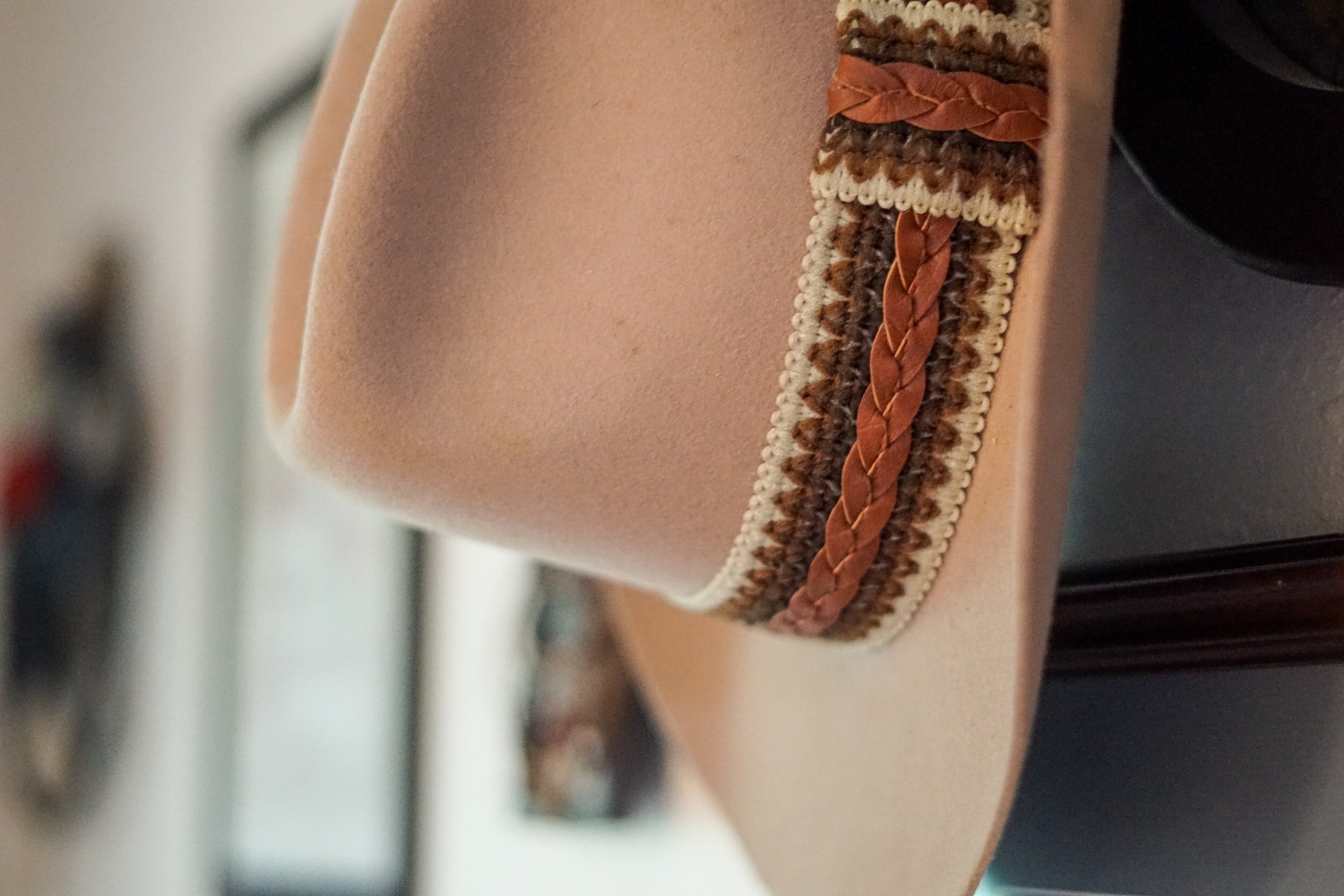BY BENJAMIN UEL MARSH
I’m from an old place
where no one forgets the past, out of fear
of losing the present.
Fragments from history are the corner stone
of our modern structures. Old wood forms a new desk over which
I scatter my current endeavors.
I’m from a place of shade
where children hide in the summer woods
with bowing arrows bonded from their mother’s thread.
Where a backyard is a battle field and pine cones are grenades.
A place of twisters and thunderstorm,
bright flashes and rumbling booms. Good Jesus,
I miss the rain.
I’m from a place of deep roots,
of Black Origin, descendent of dark driftwood
mangled by mannish tides. Africa is lost.
I’m from a place that tested a nation’s resolve.
From which rebels marched to maintain a maliciously lucrative industry.
Where my great great grandmother spent her sweet sixteen lost
in the phonetic features of a presidential proclamation;
free at last.
I’m from a place built on red earth with sturdy steel,
while Liberty was reconstructed.
Built right up, by men who look like my father, and Anglo-immigrants
just trying to sketch a dream with southern coal.
Where Jim Crow was born from the heads of stagnant adults
and buried under the soles of stomping children. That place,
presumed guilty because of its brutal past, the American story
disguised as a Southern narrative.
That place, from which Black men moved on,
to stop being boys and mature to adolescence.
I’m from a landlocked island, where good people approach your soul
but trip up on your skin,
where the institution of racism lies in rubble,
yet the dust still suffocates and separates;
you still don’t see me.
I’m from a place of worship, where God reigns
and churches blend
among homes as natural fixtures of life.
Where you can be sized up by the pew in which you sit.
Where preaching is the headliner and
the choir is just spiritual pre-gaming.
I’m from a small place
where the Other lives over the mountain,
and we struggle in the valley.
Where the money is tight as a mother’s hug,
where dreams are not lost but never dreamt.
A place where fathers fall short, and mothers
make due; there is no luck, only Faith and only Work.
Yet, I am from a place of joy;
instigated by good food, good folks, and the Father’s Grace.
I’m from that place,
Pittsburg’s younger sister,
who grew up so quick they called her magic.
I’m from a Tuxedo Junction, jazz note
played long and loud.
From a Livingston slave, and a deferred dream
that came to fruition in generational steps.
I am from that place where the past is not forgotten,
because the present sits on a foundation
of vintage steel, tattered cotton, and cultural conflict.
The topography
still bears the names of its former residents, and the current tenants
fight old ghost for new life.
I am from that place, that I have never forgotten;
it props up my present, because my past is too implanted in that red soil
to ever be uprooted.












